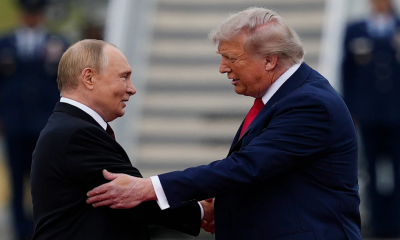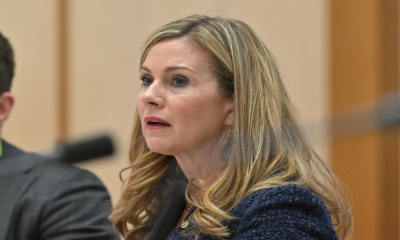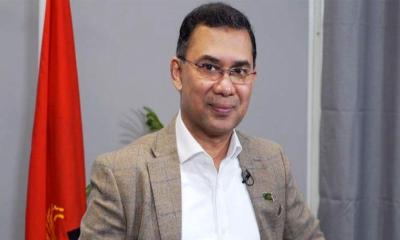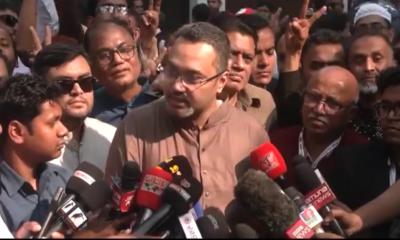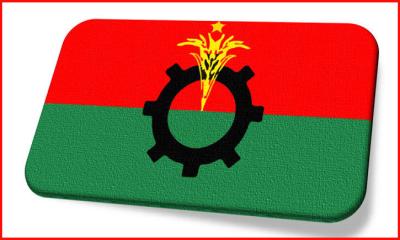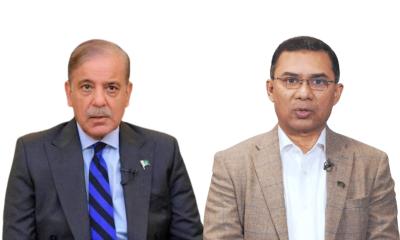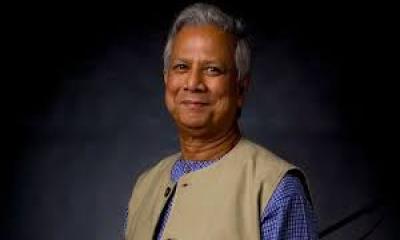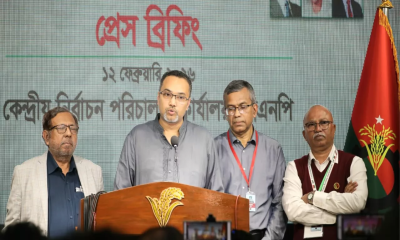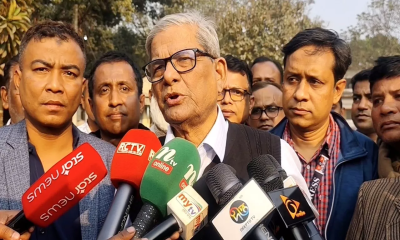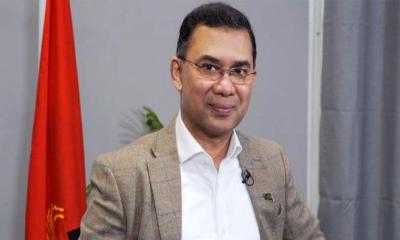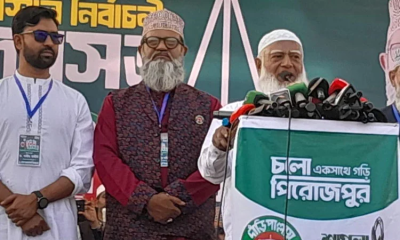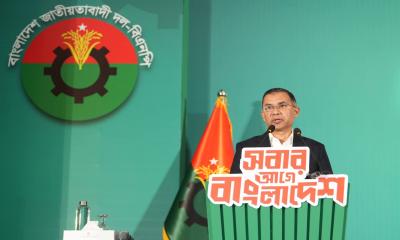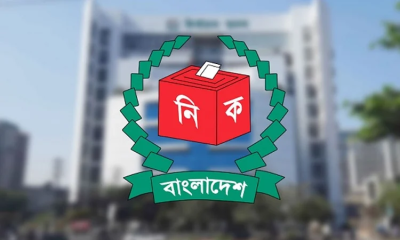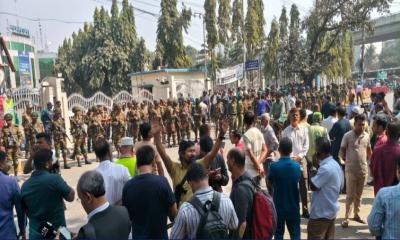Two Saudis who worked earlier as diplomats at the Saudi embassy in Bangladesh were among 13 people arrested over corruption, reports Saudi Gazette.
The arrested also included two security men, eight expatriates and a foreign investor. The arrests were made in security operations carried out jointly by the Oversight and Anti-Corruption Authority (Nazaha) and the Ministry of Interior.
The Nazaha revealed that the arrested former diplomats are Abdullah Falah Al-Shammari, former deputy ambassador and head of the consular section at the Saudi embassy in Dhaka, and Khaled Nasser Al-Qahtani, deputy head of the consular section at the embassy. They were accused of intentionally colluding with some foreigners who confessed to engaging in the visa trade.
According to the authority, it was proven that the former diplomats had obtained, during their work with the embassy, an amount of SR45 million, in installments, in exchange for completing the issuance of work visas in the Kingdom. They confessed to receiving part of these amounts within the Kingdom, through the arrested expatriates, while investing the rest of the money outside the Kingdom.
Among those who were arrested for the illegal activity were two employees of the Ministry of Interior who are accused of forcing an expatriate to sign a financial commitment, amounting to SR23 million, in favor of a foreign investor who was arrested in return for obtaining an amount of SR60,000 from the investor.
The arrested Bangladeshis include Muhammad Nasir Al-Din Nour, owner of a recruitment office in his hometown; Al-Amin Khan Shahidullah Khan, holder of a visit visa; Zaid U Sayed Mufi and Abul Kalam Muhammad Rafiq Al-Islam. The arrested persons admitted that they engaged in the activity of visa trade with complicity and that is in connivance with the employees of the Saudi embassy in Bangladesh.
During a raid on their residences, an amount of SR21,80,000 was found in cash, handicrafts, gold bars, and luxury vehicles, which turned out to be the proceeds from selling work visas in the Kingdom.
The Nazaha stressed that it continues to monitor and catch anyone who is involved in embezzling public money, or works to misuse his official position to achieve his personal interest, or harm the public interest.
Such persons will be held accountable even after the end of their service, the authority said while emphasizing that it will show no leniency with regard to enforcing the provisions of the law against those who violate them.





